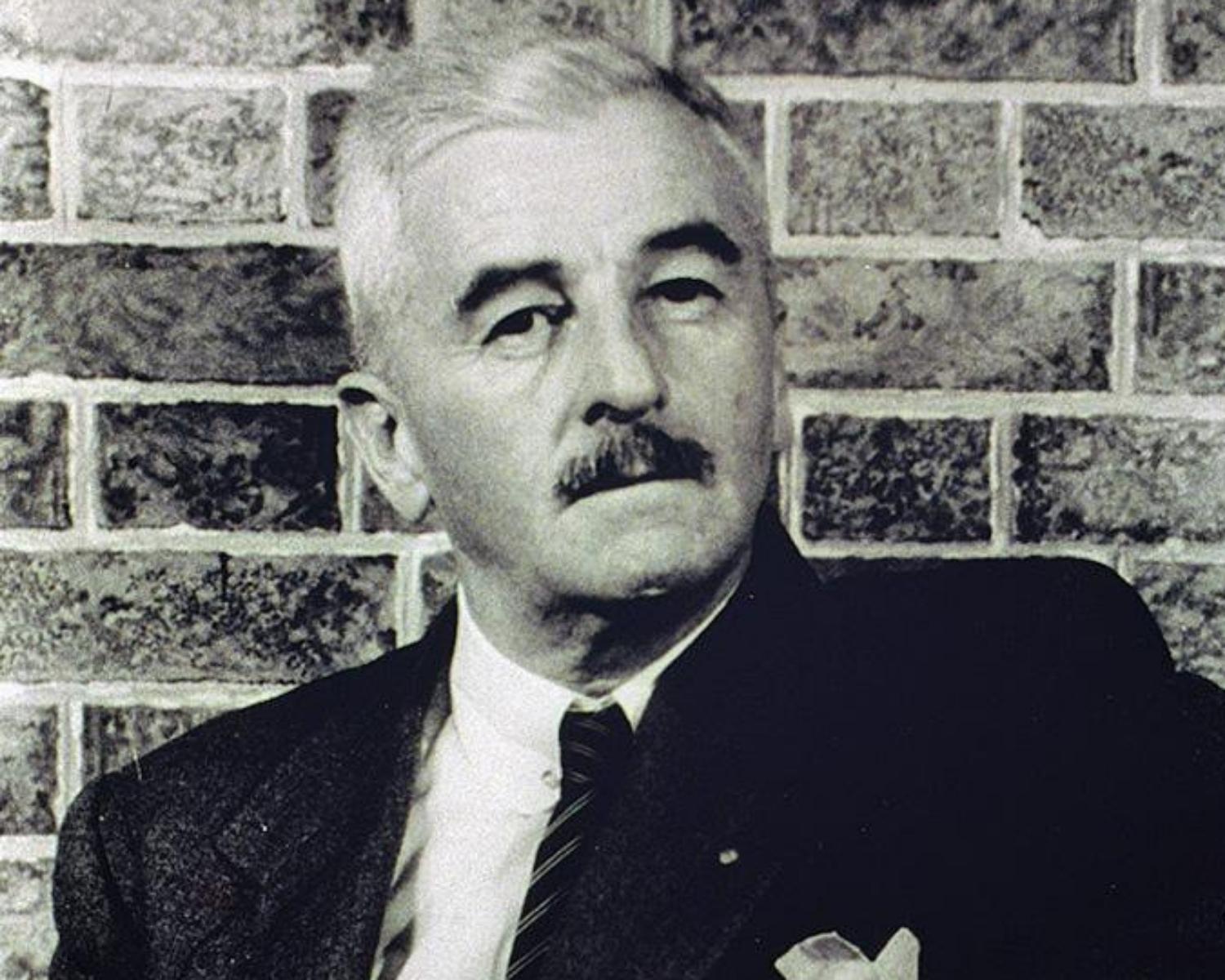Emotional Intelligence and Healing Hidden Wounds
Curated from: psychologytoday.com
Ideas, facts & insights covering these topics:
5 ideas
·6.84K reads
50
2
Explore the World's Best Ideas
Join today and uncover 100+ curated journeys from 50+ topics. Unlock access to our mobile app with extensive features.
Emotional Intelligence Key Components
- Comfort with the full range of emotions. Life comes with lots of emotions. In order to live their best version of themselves, people with high EQ accept whatever emotions come up.
- Open-hearted awareness. We can't heal what we don't acknowledge. Avoidance only works short-term, but leaving thoughts and problems unsolved will harm you exponentially long-term.
- Ways to soothe and settle unpleasant emotions. Individuals with high EQ experience disturbing emotions, however, they don't have their mind clouded by them. They have ways to lift their mood without getting locked in endless battles.
162
1.43K reads
The Healing Principle
Reconsolidation means the brain can maintain, strengthen and modify painful memories (already stored in the long-term memory) and their related emotions if we bring all aspects of the memory into full awareness.
This principle is utilized by nearly all of the effective treatments for post-traumatic stress disorder.
For example, if someone tells his/her story to a respectful and compassionate witness, the compassion and respect emotions will replace the shame one, previously stuck in the painful memory.
168
1.3K reads
The Floatback Strategy for Disturbing Events
When we experience intense, excessive emotions without knowing their exact source, they most probably come from disturbing unsettled memories.
An innocent remark taken as criticism can be triggered by a memory of being shamed by a critical parent in childhood.
Assuming one recalls a recent memory, the steps for this strategy are:
- Comforting awareness: "This is a moment of suffering"
- Acknowledging that everyone suffers: "Suffering is a part of life"
- Soothing and settling the memory and emotions: "I may give myself the compassion I need"
182
1.15K reads
Caution and Hope
Detailed instructions for the Floatback Strategy can be helpful, but if at any point this strategy, or any other self-managed strategy, becomes overwhelming, the strategy is put aside.
Overwhelming reactions to the past may signal the need to enlist the aid of a skilled trauma therapist, who can teach many other ways to process troubling memories from childhood.
The good news is that if one way is not effective, there are many other effective strategies to try so that one becomes confident in coping with difficult emotions. One need not suffer for decades without relief.
119
972 reads
IDEAS CURATED BY
Coffee & Tech addict ☕🎮 | Web developer 👩🏻💻 "Two things are infinite: the Universe and human stupidity" - A. Einstein Let's work on the latter one.
CURATOR'S NOTE
I strongly believe in mental healing through science and specialized therapists, not only motivational talks.
“
Anna Rusu's ideas are part of this journey:
Learn more about mentalhealth with this collection
How to stay motivated
How to create a workout routine
Proper form and technique for home workouts
Related collections
Similar ideas
1 idea
1 idea
3 ideas
Read & Learn
20x Faster
without
deepstash
with
deepstash
with
deepstash
Personalized microlearning
—
100+ Learning Journeys
—
Access to 200,000+ ideas
—
Access to the mobile app
—
Unlimited idea saving
—
—
Unlimited history
—
—
Unlimited listening to ideas
—
—
Downloading & offline access
—
—
Supercharge your mind with one idea per day
Enter your email and spend 1 minute every day to learn something new.
I agree to receive email updates



